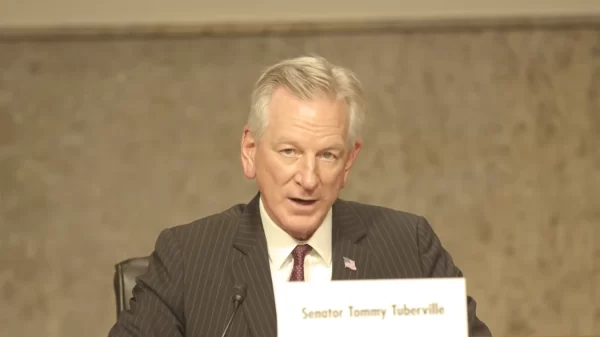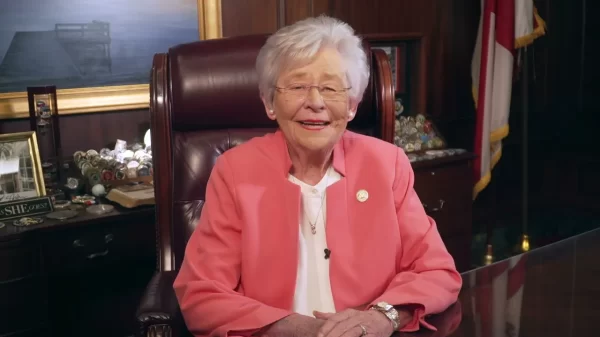|
Getting your Trinity Audio player ready...
|
The Supreme Court heard arguments this week over Texas’s law, HB1181, which requires adult websites to verify users’ ages. The law was created to prevent minors from accessing pornography by requiring sites to confirm that users are adults through government-issued IDs. Alabama passed a similar law that went into effect last year.
The law applies to sites where a third or more of the content is deemed “harmful to minors,” which critics argue could include more than just pornography, such as nudity or sexually suggestive content. The challengers, led by an adult industry trade group, say that this infringes on First Amendment rights and that the law should be subject to strict scrutiny.
To be subject to strict scrutiny, the Court would be required to prove a compelling governmental interest in changing a policy. This is the highest level of scrutiny applied by courts, usually used in cases where fundamental rights are at stake.
A lower court had temporarily blocked the law, finding it likely unconstitutional. Still, the 5th Circuit Court of Appeals reversed that decision, applying a less stringent test, known as rational basis review. The challengers insist that strict scrutiny should apply, as this law burdens the rights of adults to access protected speech online, just as Ashcroft v. ACLU did with a similar federal law.
Rational basis is the lowest level of scrutiny that can be applied. The burden of proof falls on the party challenging the law and must prove that the government has only rationally related legitimate interest in the policy, making it easier for the government to pass a law under this standard. This test is typically used to challenge policies that are viewed as arbitrary.
Texas defends the law by arguing that it is only targeting harmful material and that it doesn’t bar adults from accessing pornography. Instead, it simply requires websites to ensure users are not minors.
The case has broader implications beyond Texas, as other states are watching closely, especially given that 19 states, including Alabama, have passed similar laws. The Court’s decision could set a precedent for how future age-verification laws will be evaluated, not only in Texas and Alabama but across the U.S.
Alabama’s law, HB164, passed during the 2024 legislative session and went into effect Oct. 1. Ahead of the law’s enactment, websites displaying adult content responded to the Alabama law by blocking all IP addresses from the state, which has also occurred in the 18 other states with similar laws.
During the arguments, several justices expressed concern about the changes in technology since the Ashcroft decision, especially with the ease of access to graphic pornography online and the challenges of content-filtering software.
Justices Roberts and Thomas noted how the rise of smartphones has made it far easier for minors to access pornographic material, which may justify reconsidering how laws like HB1181 are evaluated.
However, Justice Jackson highlighted that technological advances could be a double-edged sword, making it easier for minors to access porn but also creating privacy concerns for adults who are required to submit personal information to prove their age. This, they argued, could create a significant burden.
Many have criticized the laws as “surveillance systems” that could lead to misuse or theft of sensitive data as conservative-leaning states across the country pass similar legislation. The legislation in Alabama does not address the possibility of privacy breaches.
Texas argues that while strict scrutiny is typically used to evaluate laws that restrict adults’ access to protected speech, the state’s interest in preventing minors from accessing pornography is compelling enough to justify the law under rational basis review. They also argue that age verification is the most effective method to block access to explicit content.
The case raises important questions about how the Court should balance the need to protect children with the rights of adults, especially in an evolving digital world. While the challengers seek to have the law struck down or sent back for further review, it’s still unclear whether the Court will apply strict scrutiny or rational basis. A decision is expected sometime this summer.





















































